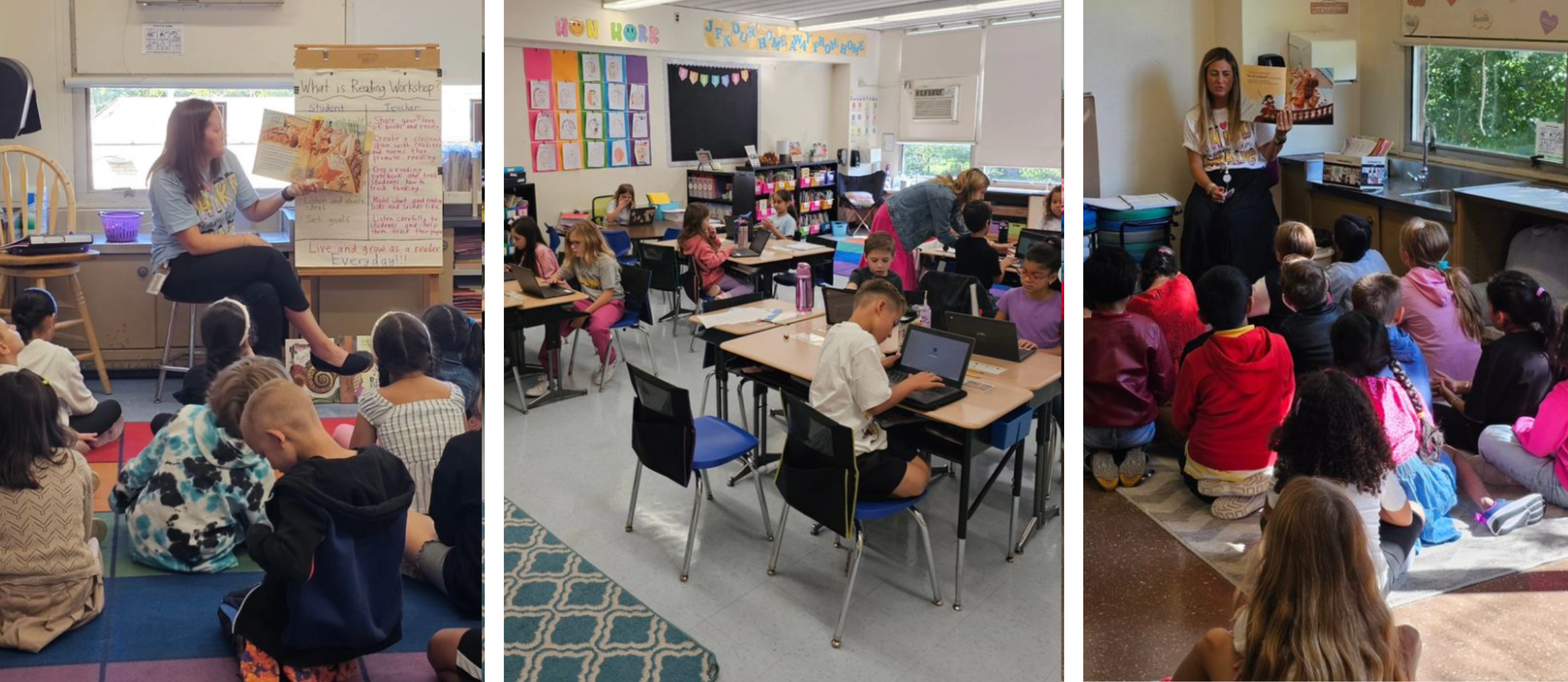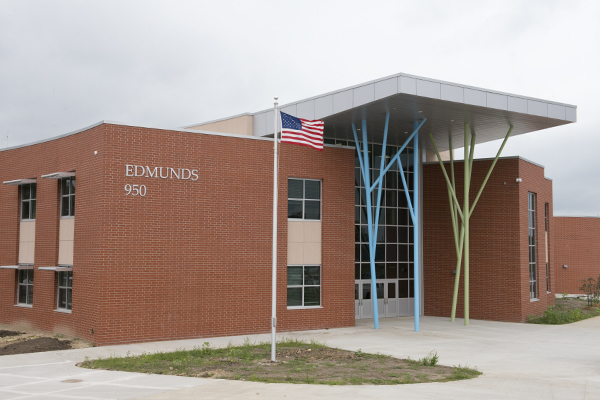The Influence of School Environments on Academic Success and Personal Well-Being
The style of educational areas, including natural lights and ergonomic furniture, can enhance pupils' concentration and comfort. Just how can schools strategically boost these elements to much better sustain their pupils?
Physical Design and Design
Just how does the physical design and style of a college influence scholastic success? The setup and visual of a college atmosphere can significantly affect trainees' learning end results.
Natural lighting and reliable air flow systems are critical in enhancing cognitive function and lowering absence. Researches have shown that class with ample natural light improve trainee focus and minimize sensations of drowsiness. In addition, ergonomic furnishings tailored to trainees' needs can protect against physical pain, enabling extended focus and interaction in academic tasks.
Access to outside areas and visually pleasing surroundings also play a critical function - Save Temecula Schools. Green areas and properly maintained institution premises provide opportunities for workout and psychological relaxation, both of which are essential for preserving high levels of academic efficiency. Basically, an attentively made physical atmosphere can serve as a catalyst for academic excellence, fostering an environment that sustains both mentor and discovering
Classroom Environment
A favorable class ambience is fundamental to attaining academic success. A setting that fosters a feeling of safety, inclusivity, and mutual regard urges pupils to engage even more proactively in their understanding procedures. The setting of a class, consisting of facets such as lights, noise levels, and seating arrangements, can considerably impact pupil focus and motivation. A well-ventilated, well-lit class with minimal distractions can boost cognitive feature and lower tension, thus advertising far better academic outcomes.
In addition, the classroom environment should support a culture of cooperation and open interaction. When students feel comfy expressing their ideas and asking inquiries, they are more probable to engage deeply with the material and establish vital believing skills - Save Temecula Schools. Peer communications and team tasks can improve discovering by fostering and offering diverse perspectives teamwork
Moreover, establishing consistent routines and clear assumptions can develop a structured setting that permits students to focus on their research studies. By minimizing uncertainty and giving a predictable structure, pupils can better manage their time and obligations. Eventually, a favorable classroom atmosphere not just boosts scholastic efficiency yet likewise adds to the general health of pupils, preparing them for future instructional and personal endeavors.
Teacher-Student Relationships
Structure on the value of a positive classroom environment, the relationships between educators and trainees play a pivotal duty in forming academic success. A healthy teacher-student relationship cultivates a discovering setting where trainees feel valued, comprehended, and sustained, which substantially enhances their inspiration and engagement. When pupils perceive their instructors as approachable and compassionate, they are more probable to take part proactively in class and look for help when required, adding to a much deeper understanding of the topic.

This count on enables pupils to express their worries and ideas openly, promoting a collective discovering atmosphere. In significance, solid teacher-student relationships are a foundation of instructional success, playing an essential duty in both scholastic achievement and individual advancement.
Peer Communications
Peer interactions dramatically influence scholastic success by forming a trainee's cognitive and social advancement. Positive peer communications can enhance a student's inspiration and involvement in academic tasks through joint learning and common support.

Reliable peer communications additionally contribute to the development of important life abilities, such as collaboration, interaction, and problem resolution. These social proficiencies are critical for both scholastic success and personal health, emphasizing the significance of cultivating positive peer characteristics within the institution environment.
Extracurricular Tasks
Taking part in extracurricular tasks plays a critical role in a trainee's scholastic success and personal growth. These tasks, varying from sporting activities teams to debate clubs, offer students opportunities to refine valuable abilities such as management, time management, and teamwork. Research study consistently indicates that trainees who join after-school activities have a tendency to achieve higher academic efficiency. This relationship is typically attributed to the organized atmosphere and the discipline required to balance both extracurricular and scholastic dedications.
Furthermore, extracurricular participation cultivates a feeling of belonging and area, which is important for individual well-being. Participating in team activities allows students to build and enhance social media networks, boosting their psychological and social knowledge. These communications are essential for developing social abilities that are valuable in both academic and future expert environments.
Furthermore, after-school activities give a useful electrical outlet for students to explore their rate of interests and interests beyond the basic educational program. This exploration can result in the discovery of new talents and prospective career courses, further encouraging pupils to engage more deeply in their scholastic work. To conclude, the role of after-school activities extends past simple recreation; they are important to cultivating an alternative educational experience that promotes both academic success and personal growth.
Conclusion
Attentively made physical designs and classrooms, along with positive teacher-student partnerships and constructive peer communications, dramatically improve pupil inspiration and interaction. These components collectively emphasize the relevance of producing and maintaining optimal college atmospheres for the benefit of pupils' personal and academic growth.
Ultimately, a positive classroom environment not just enhances academic efficiency yet additionally contributes to the total health of pupils, preparing them for future educational and personal undertakings.
